|
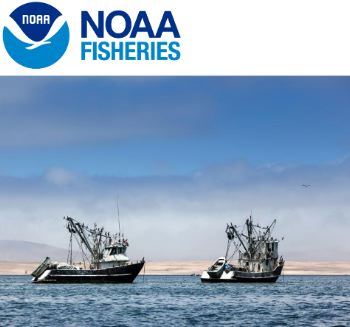
Photo: NOAA/FIS
NOAA Fisheries Denies U.S. Port Privileges to Certain Fishing Vessels from 17 Nations
 UNITED STATES
UNITED STATES
Thursday, September 12, 2024, 00:10 (GMT + 9)
U.S. port privileges denied to fishing vessels of 17 nations as a result of negative certification under the High Seas Driftnet Fishing Moratorium Protection Act.
NOAA Fisheries has denied U.S. port privileges to certain fishing vessels from 17 nations, effective October 10, 2024.
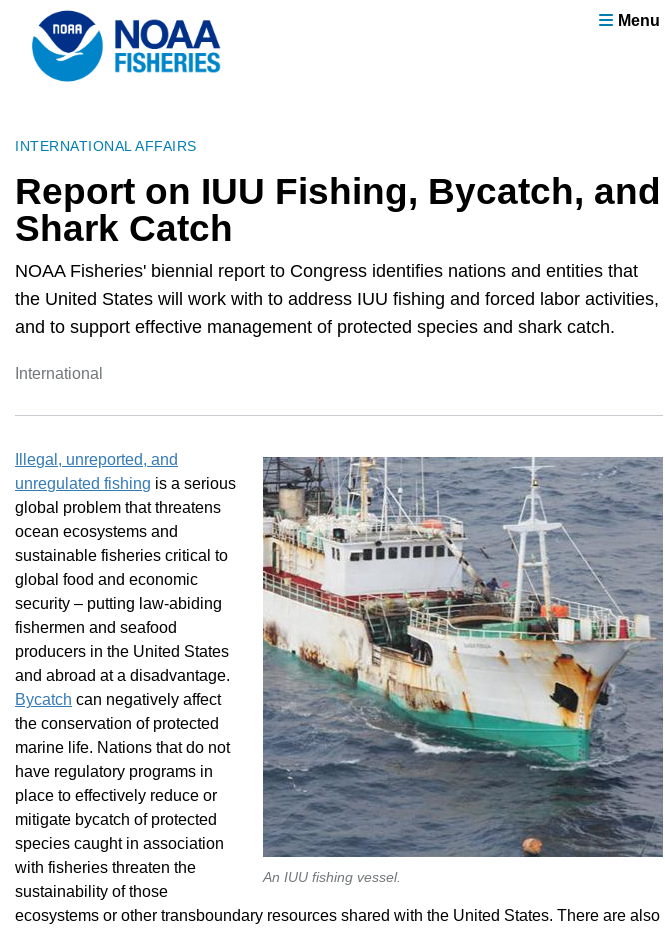 The port denials are aimed at vessels involved in illegal, unreported, or unregulated fishing or fishing practices that harm protected marine life. Affected vessels include: The port denials are aimed at vessels involved in illegal, unreported, or unregulated fishing or fishing practices that harm protected marine life. Affected vessels include:
- People’s Republic of China-flagged longline fishing vessels authorized under several international commissions
- Russian-flagged fishing vessels authorized under the Commission for the Conservation of Antarctic Marine Living Resources to target toothfish.
- Mexican-flagged vessels operating in gillnet fisheries in the Gulf of Ulloa (existing port denials for Mexican fishing vessels fishing in the Gulf of Mexico remain in place)
- Longline fishing vessels operating in International Commission for the Conservation of Atlantic Tunas fisheries beyond national jurisdictions and flagged to Algeria, Barbados, Côte d’Ivoire, Cyprus, France, Greece, Italy, Malta, Namibia, Senegal, Spain, Trinidad and Tobago, Tunisia, and Türkiye.
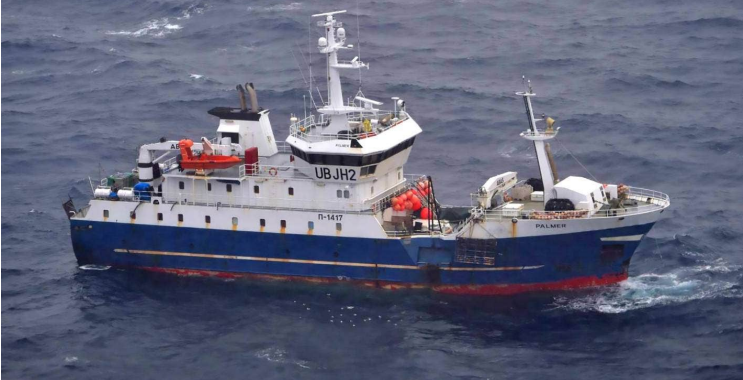
Aerial photo of the Russian-agged FV Palmer taken on January 19, 2020, showing it in protected waters, about 800 nautical miles from where its satellite tracker indicated it was. (Supplied by MFAT, brightened for clarity.) / Antarctic and Southern Ocean Coalition
Port Denials and Exceptions
The port denials prohibit services such as refueling and resupplying to these vessels, except for essential services required for crew safety, health, and welfare. Access to ports and port services won't be denied in cases of force majeure or distress.
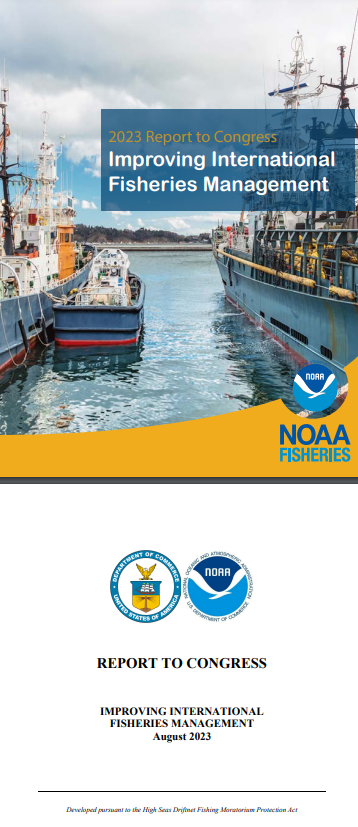 These measures stem from NOAA Fisheries' negative certification of nations under the High Seas Driftnet Fishing Moratorium Protection Act. The Act mandates identifying nations with vessels involved in illegal, unreported, or unregulated (IUU) fishing, and nations and entities having fishing activities and practices that result in bycatch of protected marine life, or shark catch beyond any national jurisdiction, where such nations have not adopted regulatory measures comparable to the United States. These measures stem from NOAA Fisheries' negative certification of nations under the High Seas Driftnet Fishing Moratorium Protection Act. The Act mandates identifying nations with vessels involved in illegal, unreported, or unregulated (IUU) fishing, and nations and entities having fishing activities and practices that result in bycatch of protected marine life, or shark catch beyond any national jurisdiction, where such nations have not adopted regulatory measures comparable to the United States.
Following identification, NOAA Fisheries engages in a 2-year consultation period with the concerned nations. NOAA encourage them to address the issues and improve their fisheries management and enforcement practices. Failure to take corrective action leads to negative certification and subsequent measures, including the denial of U.S. port privileges.
In the 2023 Report to Congress, NOAA negatively certified 17 nations, citing issues such as IUU fishing and bycatch of protected marine life with ineffective mitigation measures. The People’s Republic of China and Russia, for instance, were negatively certified for IUU fishing practices. Mexico was cited for inadequate measures to reduce loggerhead sea turtle bycatch and for IUU fishing.
Collaborating and Future Prospects
NOAA is committed to collaborating with the governments of these nations as they take action to address the issues for which they were identified.
Positive certification and the lifting of port denials are possible once the nations adequately address their respective issues, without waiting for the next congressional report. This proactive approach underscores our dedication to promoting responsible fishing practices and safeguarding marine ecosystems for future generations.
Source: NOAA Fisheries
Related news:
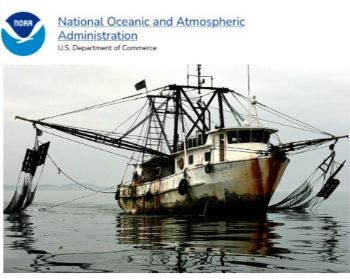
[email protected]
www.seafood.media
|
|



